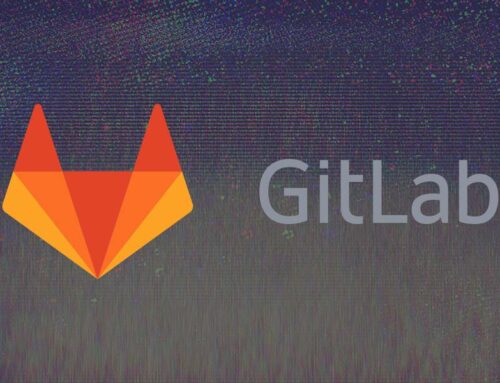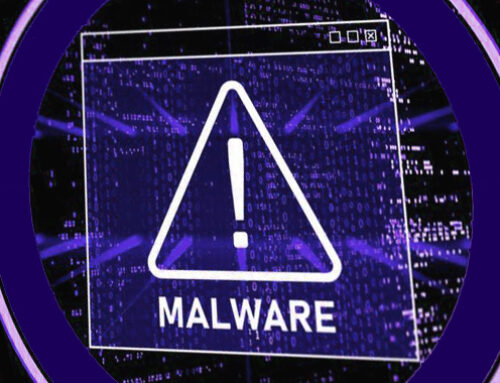In first update of 2021, NVIDIA patched 16 CVEs across its graphics drivers and vGPU software.
NVIDIA Graphics Driver
On Thursday Nvidia, which makes gaming-friendly graphics processing units (GPUs), fixed 16 vulnerabilities flaws affecting its graphics driver.
10 of the vulnerabilities reported impact Nvidia vGPU, six of which relate to the vGPU manager.
This update addresses issues that may lead to denial of service, escalation of privileges, data tampering, or information disclosure.
Importantly, the affected operating systems — Linux, Windows, and for more details find the below table.
Below are the list of vulnerability details:
CVE‑2021‑1051 — High Severity
NVIDIA GPU Display Driver for Windows contains a vulnerability in the kernel mode layer (nvlddmkm.sys) handler for DxgkDdiEscape in which an operation is performed which may lead to denial of service or escalation of privileges.
However, this is considered as most severe vulnerability with base score 8.4
In addition, this flaw can lead to denial of service or privilege escalation.
Follow Us on: Twitter, Instagram, Facebook to get latest security news!
CVE‑2021‑1052 — High Severity
The second highest-severity vulnerability in the driver with the base score 7.8
Moreover, this bug impacts in both Windows and Linux.
NVIDIA GPU Display Driver for Windows and Linux contains a vulnerability in the kernel mode layer (nvlddmkm.sys) handler for DxgkDdiEscape or IOCTL in which user-mode clients can access legacy privileged APIs.
As result, it may lead to denial of service, escalation of privileges, and information disclosure.
In addition, Other vulnerabilities with its vulnerability description and base score:
NVIDIA GPU DISPLAY DRIVER
| CVE ID | Description | Score |
| CVE‑2021‑1053 | In the kernel mode layer (nvlddmkm.sys) handler for DxgkDdiEscape or IOCTL in which improper validation of a user pointer may lead to denial of service. | 6.6 |
| CVE‑2021‑1054 | In the kernel mode layer (nvlddmkm.sys) handler for DxgkDdiEscape in which the software does not perform or incorrectly performs an authorization check when an actor attempts to access a resource or perform an action, which may lead to denial of service. | 6.5 |
| CVE‑2021‑1055 | In the kernel mode layer (nvlddmkm.sys) handler for DxgkDdiEscape in which improper access control may lead to denial of service and information disclosure. | 5.3 |
| CVE‑2021‑1056 | In the kernel mode layer (nvidia.ko) in which it does not completely honor operating system file system permissions to provide GPU device-level isolation, which may lead to denial of service or information disclosure. | 5.3 |
NVIDIA VGPU SOFTWARE
| CVE ID | Description | Score |
| CVE‑2021‑1057 | It allows guests to allocate some resources for which the guest is not authorized, which may lead to integrity and confidentiality loss, denial of service, or information disclosure. | 7.8 |
| CVE‑2021‑1058 | NVIDIA vGPU software contains a vulnerability in the guest kernel mode driver and vGPU plugin, in which an input data size is not validated, which may lead to tampering of data or denial of service. | 7.8 |
| CVE‑2021‑1059 | In the vGPU plugin, in which an input index is not validated, which may lead to integer overflow, which in turn may cause tampering of data, information disclosure, or denial of service. | 7.8 |
| CVE‑2021‑1060 | In the guest kernel mode driver and vGPU plugin, in which an input index is not validated, which may lead to tampering of data or denial of service. | 7.8 |
| CVE‑2021‑1061 | A race condition may cause the vGPU plugin to continue using a previously validated resource that has since changed, which may lead to denial of service or information disclosure. | 7.8 |
| CVE‑2021‑1062 | An input data length is not validated, which may lead to tampering of data or denial of service. | 7.8 |
| CVE‑2021‑1063 | An input offset is not validated, which may lead to a buffer overread, which in turn may cause tampering of data, information disclosure, or denial of service. | 7.8 |
| CVE‑2021‑1064 | It obtains a value from an untrusted source, converts this value to a pointer, and dereferences the resulting pointer, which may lead to information disclosure or denial of service. | 7.8 |
| CVE‑2021‑1065 | In which input data is not validated, which may lead to tampering of data or denial of service. | 7.8 |
| CVE‑2021‑1066 | In which input data is not validated, which may lead to unexpected consumption of resources, which in turn may lead to denial of service. | 5.5 |
Stay Protected
Nvidia has recommended that users accept automatic security updates, and visit Security Updates for NVIDIA GPU Display Driver, or Security Updates for NVIDIA vGPU Software for the version to install.













Leave A Comment